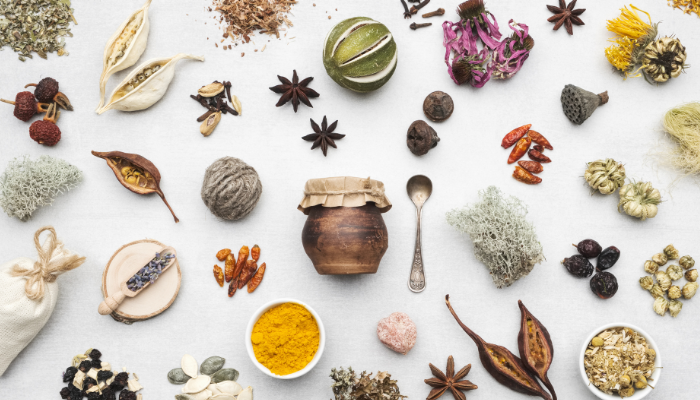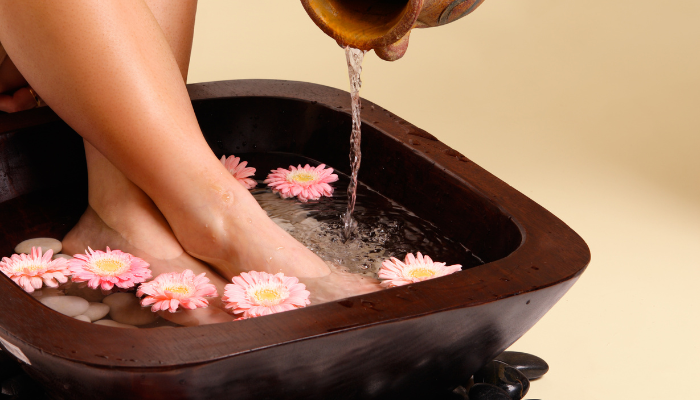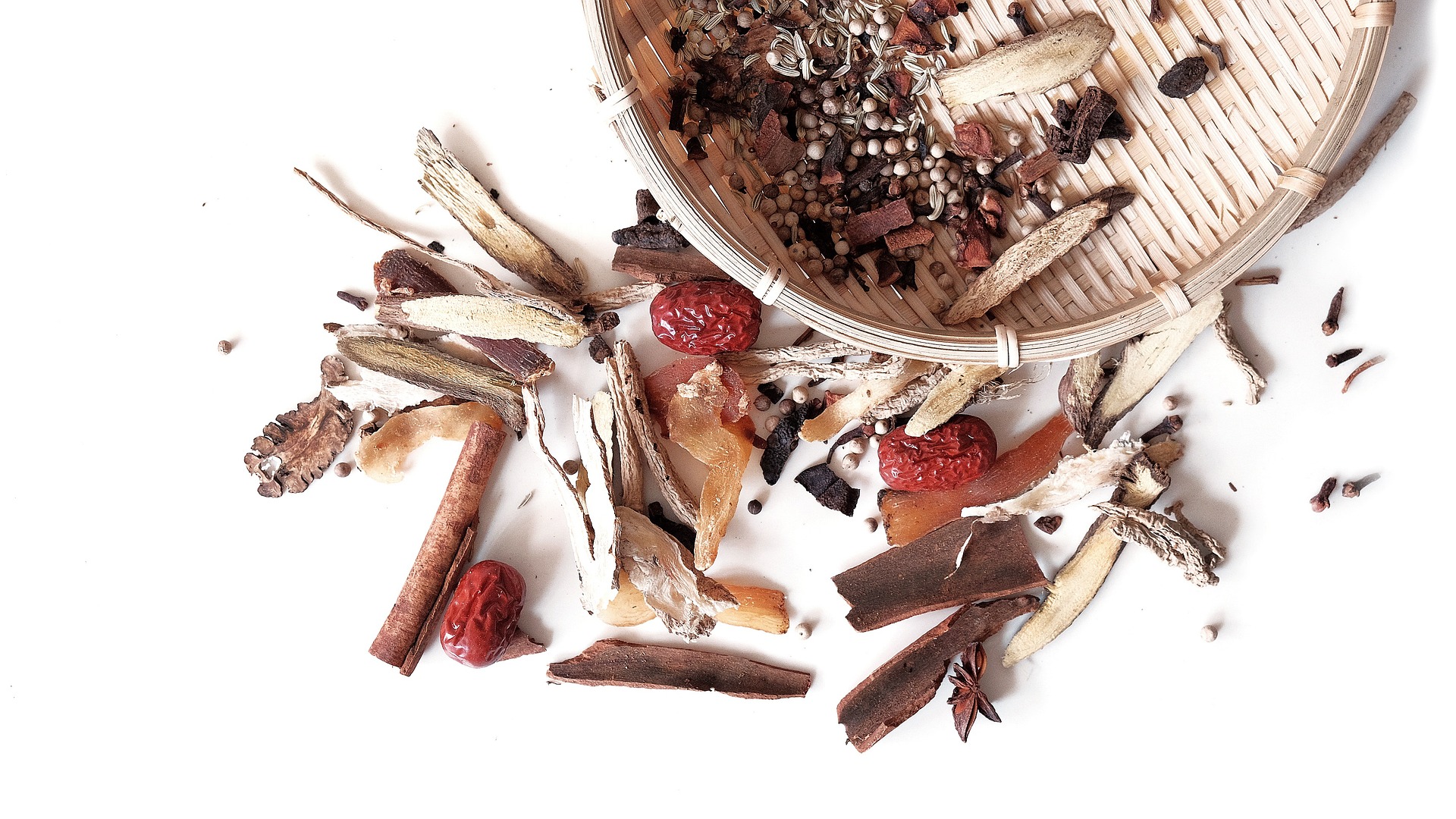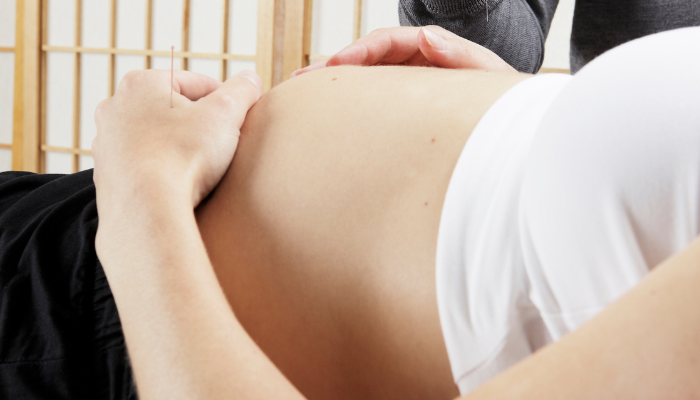Many cultures emphasize the importance of rest and recovery after childbirth. For example, in Chinese tradition, Zuo Yue Zi or “sitting the month,” encourages new mothers to rest for 40 days while family members take care of daily tasks. The mother’s primary focus is bonding with and feeding the baby. Similarly, La Cuarentena, a Latin American tradition, supports a 40-day postpartum period of rest, recovery, and social care for new mothers. The word cuarentena translates to “quarantine.”
During this time, mothers are nourished with restorative broths to promote healing and lactation. Keeping warm is emphasized, as postpartum bodies are more vulnerable to cold. Traditionally, new mothers are advised to avoid washing their hair, going outside, or consuming cold or raw foods. Emotional well-being is also protected by limiting visitors, screen time, and external stressors.
Adapting these traditions to modern life may seem challenging. Parental leave is often short, and societal expectations can pressure new parents to “bounce back” quickly. This can make it difficult to carve out time for proper recovery.
It’s time to rethink these norms. Parenthood is both physically and emotionally demanding. You’ve brought new life into the world, and now is the time to focus on healing, bonding, and self-care.
So, how can we incorporate these traditional principles of postpartum care into today’s fast-paced society? Below are five ways to help ease your postpartum recovery:
1. Set an Intention
Decide how long your recovery period will be. While 40 days may not be realistic for everyone, consider adopting the 5-5-5 postpartum recovery guideline. This plan suggests:
- 5 days in bed: days 1-5, rest in bed and spend time skin-to-skin with your baby.
- 5 days on the bed: days 6-10, sit up and engage gently, whether that’s playing with your baby or spending time with other children.
- 5 days around the bed: days 11-15, begin light activities, while still staying close to the bed.
Setting a clear intention for a specific period of rest can aid physical healing, improve emotional well-being, and even help prevent medical complications.
2. Develop a Postpartum Plan
Before the baby arrives, create a postpartum plan that outlines who will be supporting you, and how. This could include:
- Who will assist you and the baby.
- Meal prep and childcare help.
- When you plan to return to work.
If you don’t yet have a team that includes an acupuncturist, herbalist, pelvic floor therapist, lactation consultant, or perinatal psychologist, now is a great time to explore those options. A detailed plan helps address both your needs and those of your household, from grocery shopping to bill payments. Clear communication with your support team can prevent future misunderstandings and stress.
3. Stock Your Freezer
Many traditional confinement meals freeze well. Consider making slow-cooked stews or other bulk meals that you can store for later. A great resource is The First Forty Days: The Essential Art of Nourishing the New Mother by Heng Ou, Amely Greeven, and Marisa Belger.
If you’re working with practitioners like those at Aetherium, they may provide herbal remedies that can be cooked with meals to enhance healing, boost lactation, and support emotional well-being.
4. Gather Your Village
In many cultures, the postpartum period involves community support. Mothers, aunties, and close family members or friends may assist with cooking, chores, and childcare. It’s less about caring for the baby, and more about caring for the new mother.
If you’re able, consider hiring additional support, such as a postpartum doula, a cleaner, or a nanny to help with older children so you can focus on bonding with your new baby. Identify where you need help and delegate those tasks to others.
5. Be Gentle with Yourself
Follow the confinement principles that resonate most with you. Do the best you can, but also give yourself grace—becoming a new mother is a big transition. Take time to learn how practices like acupuncture and Chinese herbal medicine can be integrated into your recovery, especially if you’re experiencing postpartum blues, aches, or just not feeling like yourself.
Learn more about how acupuncture and Chinese herbal medicine can be part of your postpartum recovery, especially if you are experiencing the postpartum blues, aches, or just not feeling like yourself.




